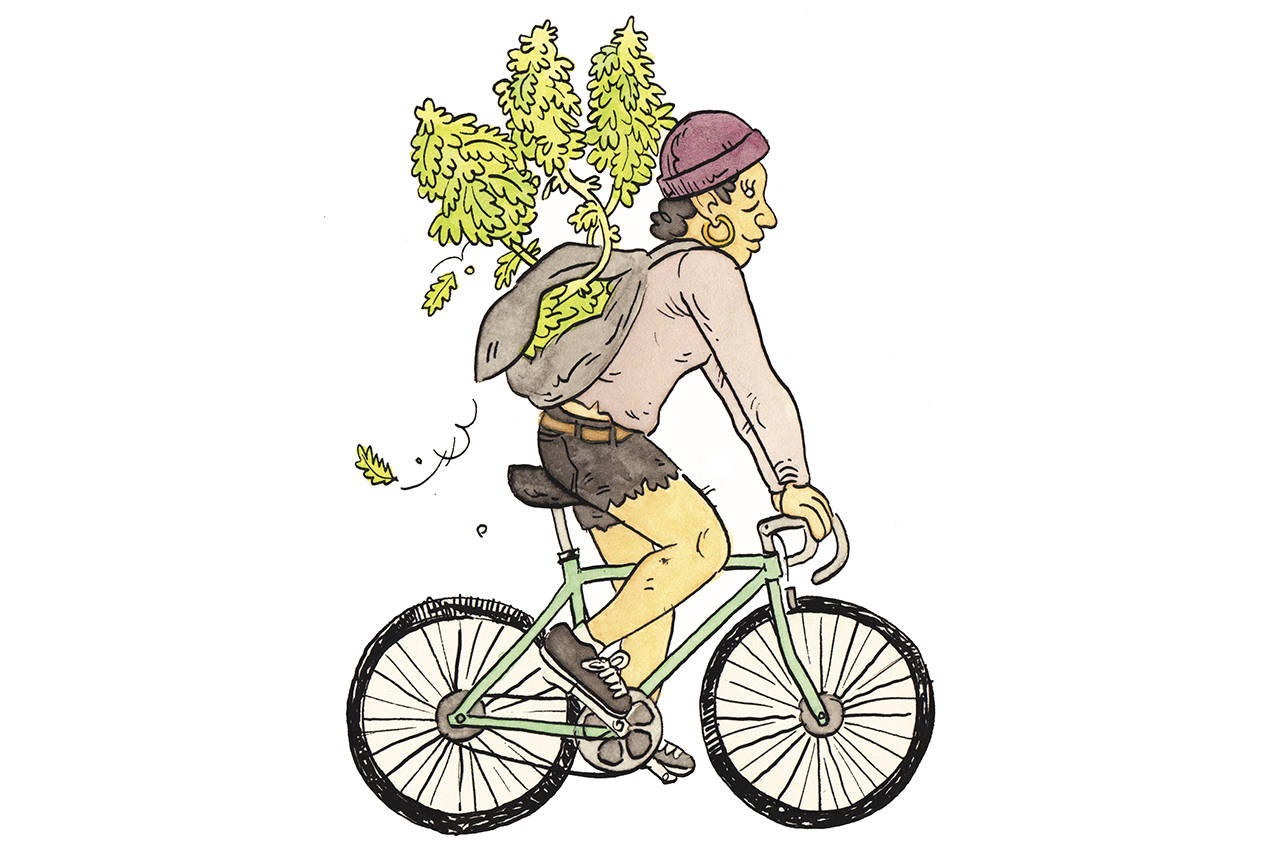A massive omnibus cannabis bill just landed on Governor Jay Inslee’s desk. It covers some pretty cool stuff, like being able to share your weed (which may finally open the “smoking lounge” conversation) allowing medical users under 21 to enter medical dispensaries, and allowing medical patients to buy seeds and starter plants directly from growers. What it does not include is the legalization of weed-delivery services, despite the City of Seattle’s efforts to push such legislation through Olympia for the second year in a row.
Though cannabis-delivery services are totally illegal, a not-so-secret cottage industries has sprung up in Seattle in the wake of I-502. A quick Yelp! check on “Best Marijuana Delivery in Seattle” brings up scores of listings, revealing that locals have been more than happy to openly advertise delivery services. Even though the city has prosecuted several of these illegal operations, at least 14 persist, according to the city’s Finance and Admiinistrative Services office. There is a reason for that.
The benefits of weed delivery are many. Keeping stoned people from getting behind the wheel of a car is the most obvious. There is also the privacy factor, as well as convenience, but for medical patients who are homebound, delivery services are a genuine lifeline. Just ask “Tyrone,” a homebound vet who lost one leg to the Vietnam War and the other to diabetes brought on by alcoholism he suffered after coming home. He regrets not turning to cannabis to cope with his PTSD back in the 1970s. Now he medicates with a variety of concentrates and edibles to cope with stress, depression, and insomnia. That he can anonymously place an order and receive a dosage “without having to deal with the world” makes cannabis delivery an easy decision for him. “My guy knows me,” he says with a chuckle. “Sometimes I just say hello and he answers with ‘One Tyrone special, comin’ up!’ ”
That is not to say that legalized delivery would automatically be welcome by all. As is the case with all marijuana legislation, the devil is in the detail. For instance, the unsuccessful Senate Bill 1712 that was being pushed by the city attorney’s office earlier this year proposed that delivery services must be attached to already established stores or dispensaries.
The few delivery couriers who would talk to me on the record eschewed the idea of aligning with stores or dispensaries. In fact, most of the delivery services I spoke with would prefer that, if they were going to have to work under someone, it be producers, not retail outlets. That way they could have consistent menus for their customers, as well as being able to hand-pick specialty strains for their medical clients.
As has been the case throughout this era of legal weed, legalizing weed delivery, if done poorly, could force an aspect of cannabis culture that has grown organically–albeit illegally–into the one-size-fits-all mold of state law. Surely there’s a way to create a body of regulations making delivery safe and consistent for both courier and customer without punishing entrepreneurs who have been filling a gap for some of Seattle’s most marginalized marijuana consumers. Maybe next year a better bill will make it to and through the legislature.
stashbox@seattleweekly.com
CORRECTION A previous version of this story incorrectly reported that legal marijuana delivery was included in the omnibus bill. That is not true.







